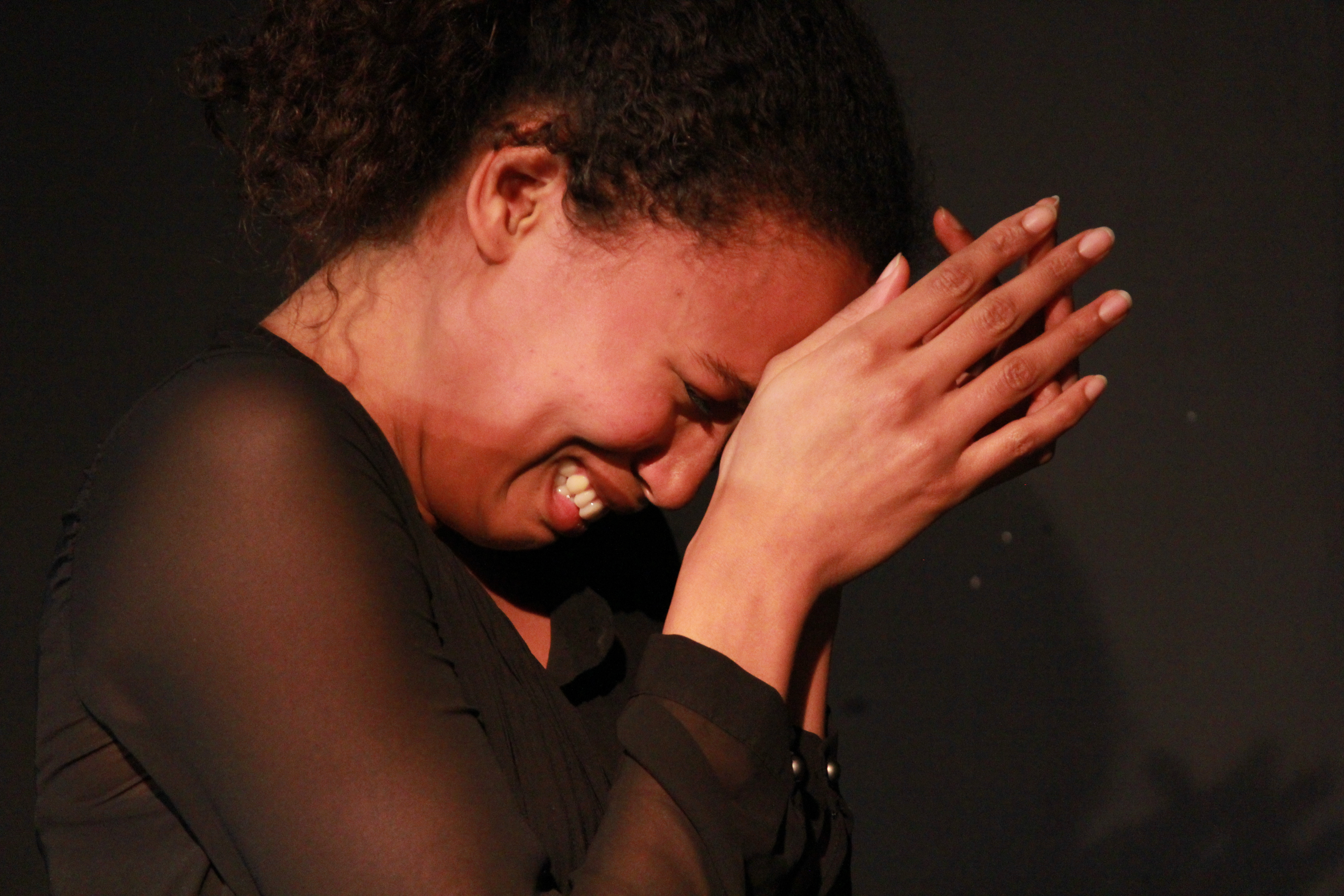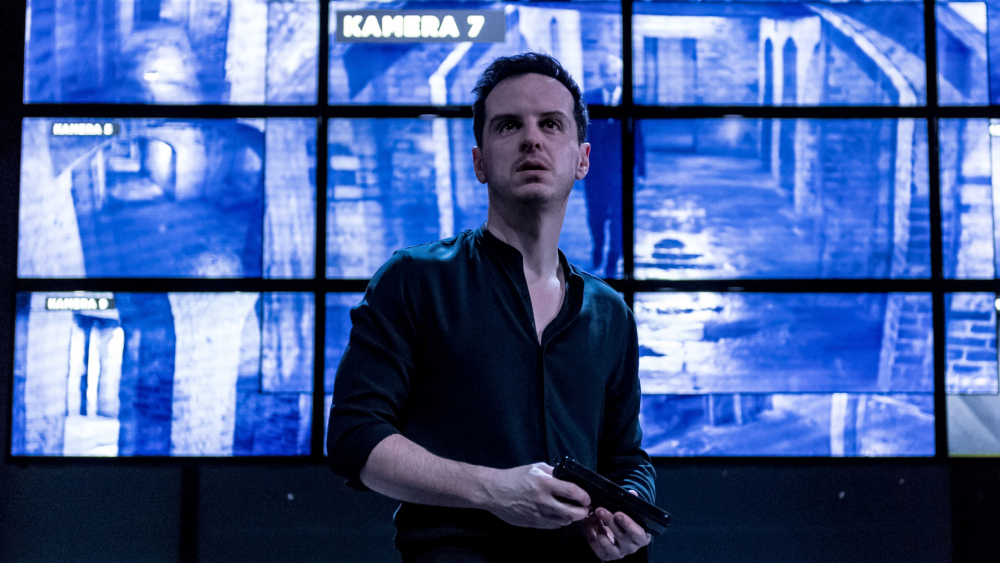
Drama School Audition:
The Monologue
April 6, 2018
By Nicole Gaskell
I remember doing the drama school audition rounds, going through the motions, purely reciting lines with no particular technique or approach, hellbent on impressing the ‘judges’. I also remember watching other aspiring actors (in a group audition situation) painstakingly offload their monologues to the panel as quickly as possible ‘giving it all they’ve got’. It all seemed like an attempt to ‘be the best’ and outdo one another; Which may be fitting if the role requires the behaviour of someone in a desperate situation with a time limit to say what they have to say as quickly as possible, but if you are portraying a Buddhist Monk, let’s say; Then a disconnected, anxious ridden line delivery probably ain’t going to cut the mustard…
Remember why you’re doing it…
So how does one ‘cut the mustard’ and give a unforgettable, jaw dropping, memorable monologue… Well, actually, maybe you don’t have to… Perhaps resembling a real person (not an actor) going through a real life situation at that moment in time is enough to draw attention, touch the hearts of the watchers, make them recognise, relate, consider, think, change… We are, as actors, storytellers after all. Sometimes it’s worth pausing for a moment to remember why you began this journey as an actor in the first place…
4 pointers to help you turn your monologue into a semblance of reality
So how does one craft a monologue that resembles a real person in a real situation? Well obviously there is no standardised answer to this question, being that every actor and their learning process is different, but over the years following my creative endeavours, I’ve found these 4 factors to be important when creating a truthful monologue performance (or shall we say ‘a slice of life’):
1: Talk your monologue to someone (a real human being preferably). If that’s not possible at least rehearse with someone beforehand so you have the visceral experience of how they behaved towards you when you have to talk your monologue out to a wall or inanimate object.
2: Respond. If you are talking to someone, allow yourself to intuitively respond to them too. It’s very rare to see actors do this which isn’t indicative of real life. Adversely when you do see an actor respond and adapt to the person they are talking to’s behaviour, you forget for a moment that you are watching a monologue. Instead you see two people in a situation, it’s just that one is silent…
3: Have a personal connection with the text. This is so important… Watch/listen to a grandparent/parent tell a story from the past (happy or sad). Notice their behaviour, how they respond to moments in their story. A compelling monologue looks similar, the actor is personally and emotionally connected to what they are saying which flourishes in segments of the speech.
4: Your choice of monologue should essentially come from you – where you have the opportunity to choose that is. My unsatisfying past auditions with monologues all came down to my choices – in the sense that I was reliant on others to pick my speeches for me. Unfortunately this ultimately led to my frustration, boredom and lack of motivation with such monologues…
Pick something because you care about what they are saying (character/playwright), or it resonates with you in some way. Your choices should be an emotional not academic.
To work on your monologue in a supported, fun and invigorating way, join us for our 1 day workshop on Sunday 29th April 10am-2pm with Nicole Gaskell. Work Your Monologue will explore how you can approach your monologue differently, how to prepare and ways to rehearse.
#truth #monologue #monologues #workyourmonologue #findingthetruthinyourmonologue #NicoleGaskell #dramaschool #auditions #auditioning #performance


